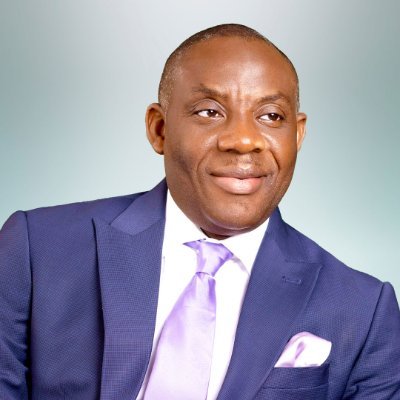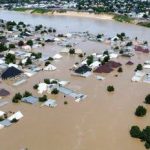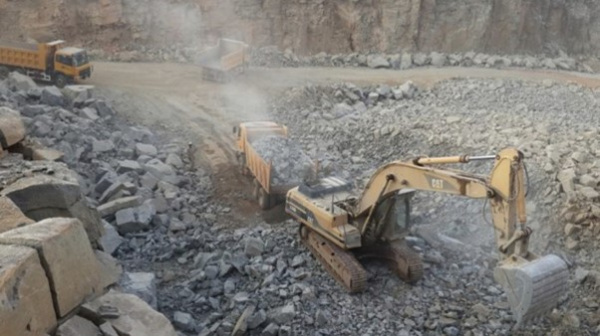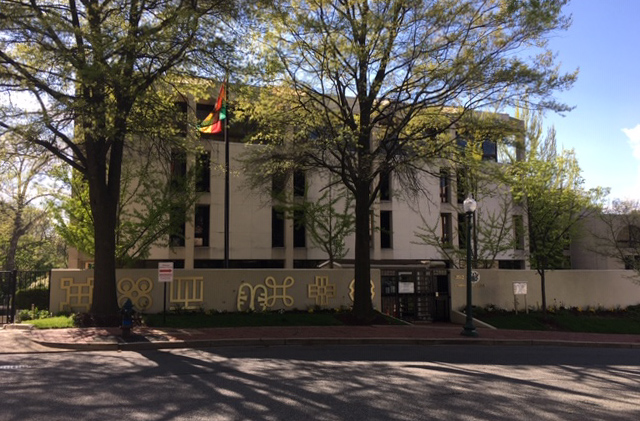
Health Sector to Drive 15% of Nigeria’s GDP, Call for Strategic Investment – Minister for State Health

The Minister of State for Health and Social Welfare, Tunji Alausa, said that health could contribute up to 15% to the nation’s Gross Domestic Product (GDP). He shared this insight during an interview with Arise News on Monday.
He says health’s economic contribution is less than 6% presently. “We can move this to about 15% per cent,” he said, envisioning the creation of numerous sustainable, well-paying jobs for the youth population.
Alausa emphasised the establishment of medical industrialisation hubs across the six geopolitical zones, as he stressed the need to channel more funds into the country’s healthcare sector.
He also highlighted the issue of fragmented spending within the healthcare sector, where substantial sums fail to yield commensurate results. He said:
“As you know, a lot of money is being spent on the healthcare sector, but the result does not match the amount spent.
“So, we looked at it and said there is a problem that has to do with fragmentation. People are spending and doing the same thing. So, we said since we have our basic healthcare provision fund, which is one per cent of the consolidated revenue as a gateway, it’s not a lot of money. It’s one per cent, and that doesn’t meet the needs of our large population.”
“But then, our development partners spend more money doing many things. So, we said, let’s kind of coordinate more, not necessarily mingling the funds, but let’s coordinate in a more parallel manner where we can begin to pull more funds into our primary healthcare setting, into our national health insurance, so that we can have more funds to deliver more high-quality services to Nigerians.
“Beyond that, as of the health sector renewal investment initiative, we are now going to unlock the value chain in the healthcare sector, moving the sector from just a consuming part of the economy to a more growth-driven part.”
Regarding the 2024 Budget, Alausa noted it boasts the highest healthcare allocation witnessed in the past decade. This substantial funding allows for infrastructural enhancements, procurement of state-of-the-art medical equipment, expansion of healthcare facilities nationwide, and the construction of new hospitals, all underpinned by the president’s steadfast commitment to healthcare.
While the current allocation falls short of the 15% target, Alausa remained optimistic about reaching this goal, given the significant investments earmarked for healthcare in 2024.
Read more: Top 10 Most Corrupt African Countries in 2024
About The Author
Related Articles
Cotê D’Ivoire: Thousands Rally in Abidjan as Opposition Demands Electoral Reforms Ahead of October Election
Thousands of opposition supporters gathered in Abidjan on Saturday, May 31, to...
ByJoy ChukwuJune 1, 2025Togo Stops Issuing Mining Permits to Reform Outdated Mining Code
Togo has suspended the issuance of new mining permits for prospecting and...
ByJoy ChukwuJune 1, 2025ICYMI: Ghana Shuts Down Washington Embassy Over Visa Fraud Scandal
Ghana has temporarily closed its embassy in Washington, D.C., following the uncovering...
ByJoy ChukwuMay 31, 2025Confederation of Sahel States Moves to Establish Joint Judicial Body
The Confederation of Sahel States (CSS), comprising Mali, Niger, and Burkina Faso,...
ByJoy ChukwuMay 31, 2025











